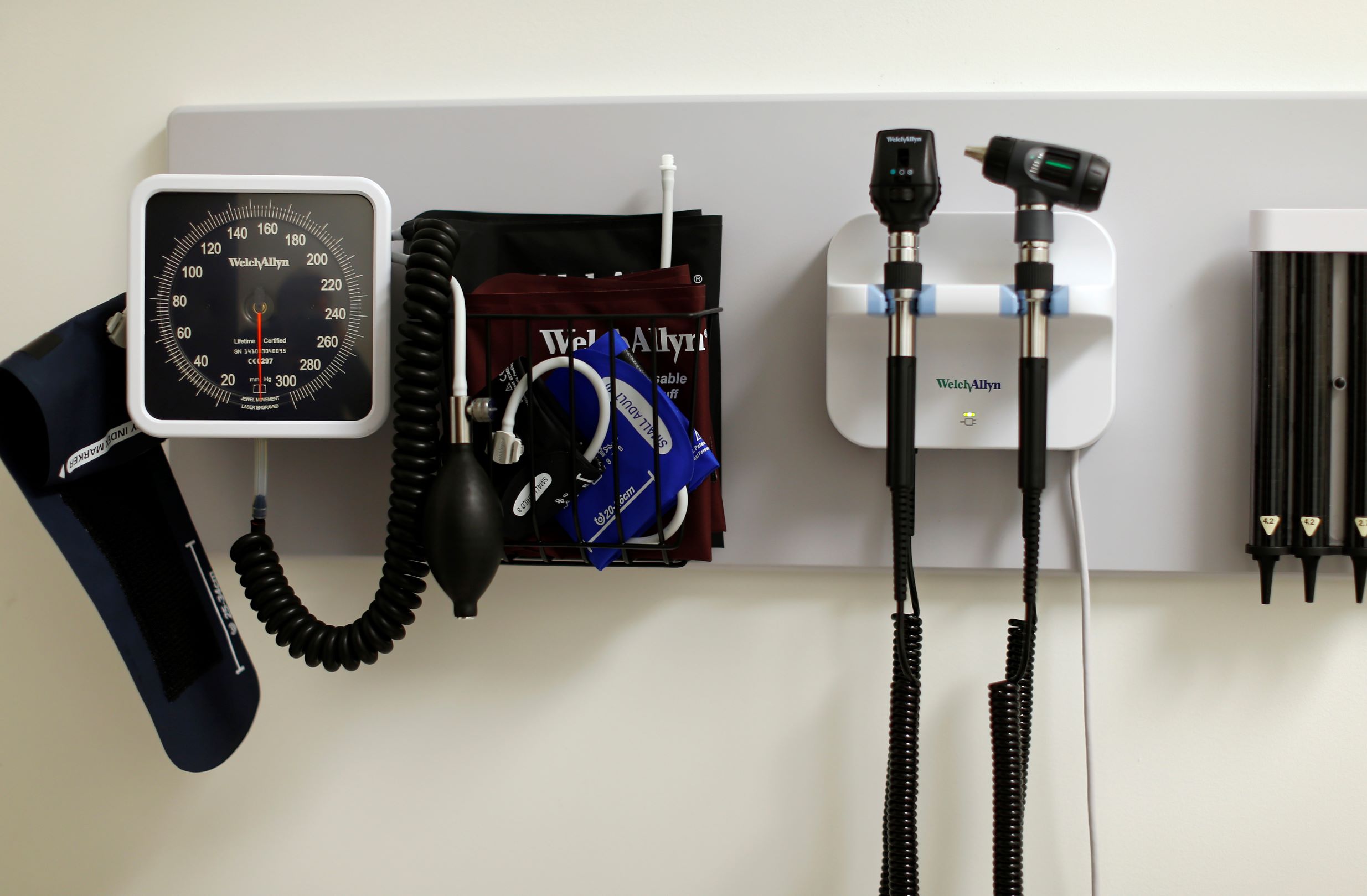
By Jeff Mason and Susan Heavey
WASHINGTON (Reuters) – The Trump administration is considering asking lawmakers for emergency funding to ramp up its response to the fast-spreading coronavirus, a White House spokesman and an administration source said on Monday, though they did not say how much money was needed.
“We need some funding here to make sure that we … protect all Americans, that we keep us safe,” White House spokesman Hogan Gidley said on Fox News Channel.
Asked how much funding the administration may ask Congress to approve, Gidley later told reporters at the White House that there was no announcement yet on the amount.
Politico and the Washington Post, citing unnamed individuals familiar with the planning, had reported the administration may request $1 billion funding from the U.S. Congress. An administration official told Reuters the amount was still being finalized, and the request could go to lawmakers this week.
The official said U.S. Health and Human Services Secretary Alex Azar was seeking an amount that some within the administration viewed as out of proportion, given the limited number of U.S. cases and other HHS funding that has not yet been used.
The outbreak has spread beyond central China to South Korea, Iran and Italy, rattling global markets.
The United States has not seen the kind of community spread that has hit China, but health officials are preparing for such a possibility even as those Americans affected so far have been quarantined.
There have been 13 cases of people diagnosed with the virus in the United States and 21 cases among Americans repatriated on evacuation flights from the virus epicenter of Wuhan, China, as well as from a cruise ship in Japan, according to the U.S. Centers for Disease Control and Prevention.
Representatives for the U.S. Department of Health and Human Services declined to comment on the funding requests.
U.S. President Donald Trump has tapped Azar to lead a task force coordinating the response to the outbreak that the department has declared a public health emergency.
Democrats, who control the U.S. House of Representatives, have urged the administration to seek emergency funds after it notified Congress in recent weeks that it had already spent millions of dollars for its virus response, according to the Washington Post.
Trump has been at odds with his own White House advisers over China’s coronavirus response and has sought to downplay the impact of the virus, saying it could fade in April with warmer spring weather – something health experts said is unknown.
“We have aggressively worked to combat the spread of this virus, tried to prevent it as best we could from coming into this country,” Gidley told reporters.
The administration is also grappling with where to send Americans evacuated from the Diamond Princess cruise ship who tested positive for the virus after backing off plans to quarantine them in a federal facility in Alabama.
In a statement on Monday, HHS cited a “rapidly evolving situation,” but said that the Alabama center was “not needed at this time” and that it was looking for alternatives.
“Any action that HHS takes, working with our federal, state and local partners, to address this public health emergency will be done in a way that protects both those infected with the virus and other citizens as well,” HHS said.
(Reporting by Susan Heavey and Jeff Mason; Additional reporting by Caroline Humer in New York, and Makini Brice, Doina Chiacu, Tim Ahmann and Ted Hesson in Washington; Editing by Chizu Nomiyama, Bill Berkrot and David Gregorio)






